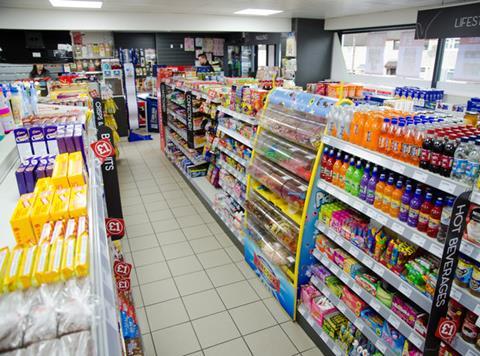
Electricity and gas suppliers will no longer be able to lock micro businesses into rollover contracts under rules that came into force on Monday (26 June).
The Association of Convenience Stores has welcomed the move from the Competition & Markets Authority, which will mean suppliers will not be able to lock small companies into automatic rollover contracts. They must also display prices online to make it easier for businesses to compare different tariffs.
A micro business is defined as employing fewer than 10 people or their full-time equivalent, has an annual turnover or balance sheet no greater than €2m, or consumes no more than 100,000 kWh of electricity per year, or no more than 293,000 kWh of gas per year.
“We strongly welcome the end of unfair automatic rollover contracts for thousands of micro businesses, including many convenience stores,” said ACS chief executive James Lowman.
“We have campaigned for several years for a fairer energy market for our sector, and will continue to work to ensure that convenience stores are given the same protections as domestic consumers when dealing with energy companies.”
Dermot Nolan, Ofgem chief executive, said: “The requirement on suppliers to clearly display their prices online to micro businesses will make it much easier for these businesses to compare prices and shop around. This is a big change in the way the market works. Micro businesses will also be able to leave more expensive auto-rollover default tariffs without paying an exit fee, freeing them to switch to a better deal.”
The CMA published a full report in June 2016 following a two-year investigation into the energy market. During its investigation, it found that about 45% of micro businesses were stuck on their supplier’s expensive ‘default’ tariff, with little chance for owners to shop around.
The CMA said it hoped the changes would help microbusinesses save up to £180m a year.



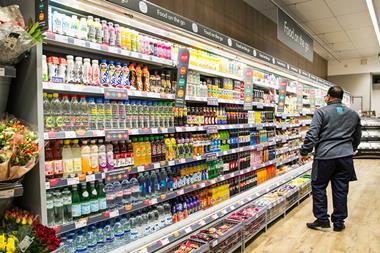
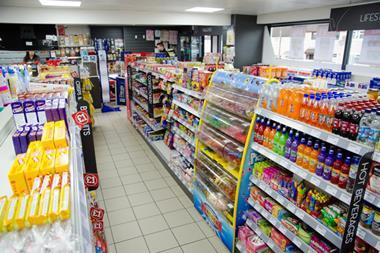

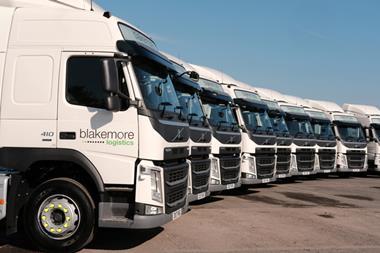


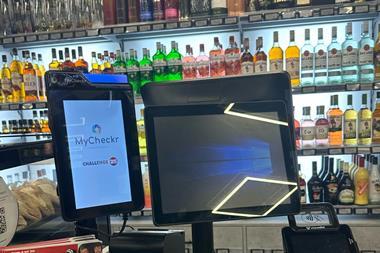


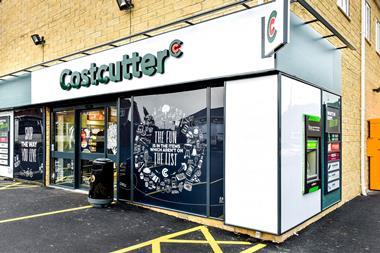
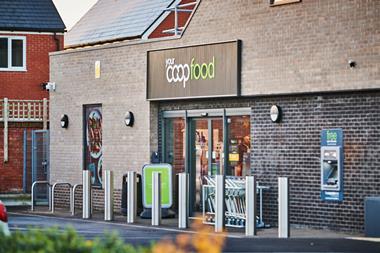
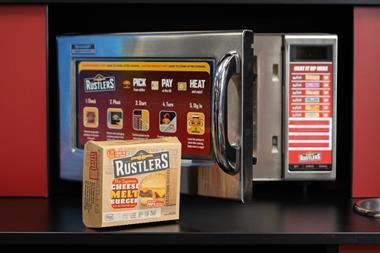
No comments yet